Raise Capital
June 25, 2024
Are New Things Risky or Revolutionary?
It’s a debate that’s been making the rounds ever since the JOBS Act was passed in 2012. Once or twice a year, an article or op-ed will come out criticizing the exemptions that make online capital-raising possible—often framing them as ultra-risky legal loopholes designed to trick “unsophisticated” investors out of their hard-earned money.
As an industry, I think we’ve been pretty patient with this commentary over the years. When you’re doing something no one else has ever done before, some fear-based criticism is par for the course. In the early 1900s, newspapers ran anti-electricity propaganda and warned people to stay away from it. In the 1980s, when personal computers were popularized, “computerphobia” ran rampant.

But we’re now talking about a mature ecosystem that has fueled growth for thousands of early-stage companies, created hundreds of thousands of jobs, and channeled over $7B into local economies across North America. So this time, I want to address those claims.
Investing, in any form, is inherently accompanied by a degree of risk—whether that’s real estate, stocks, venture capital, or equity offerings. No investment is devoid of risk; the potential for loss exists across the board.
It’s easy to cherry-pick examples to support any narrative, positive or negative, across all investment categories. For every Uber, there’s a WeWork. In fact, research shows as many as 75% of venture-backed companies never return cash to investors at all. Similarly, the stock market has seen both incredible bull runs and devastating crashes. By focusing on selective examples, it’s easy to paint a skewed picture of any investment vehicle. When you’ve been in the industry as long as I have, you remember when venture was the “risky” category, a label it’s successfully shaken off to become the “cool kid” of investing.
The reality is that Reg CF and Reg A both come with strict regulatory requirements that protect investors—including providing financial statements, adhering to SEC disclosure requirements, and updating investors annually. Meanwhile, retail investors are limited in how much they can invest in any given 12-month period—a safeguard that prevents them from “betting the farm” on these types of investments.
All this to say that retail investors are well-protected by the powers that be—and more importantly, just as deserving of access to these opportunities as anyone else. That’s what this industry is really all about: democratizing access for both issuers and investors.
Regulation A+ is not a “shortcut”—it's a well-thought out, regulated space that is a catalyst for innovation and economic expansion, enabling a wider pool of investors to participate in the growth of dynamic, forward-thinking companies. That’s not something to be afraid of—it’s something to be excited about.

Your submission has been received. We will reach out to you via email to schedule a call.
Oops! Something went wrong while submitting the form.



.png)
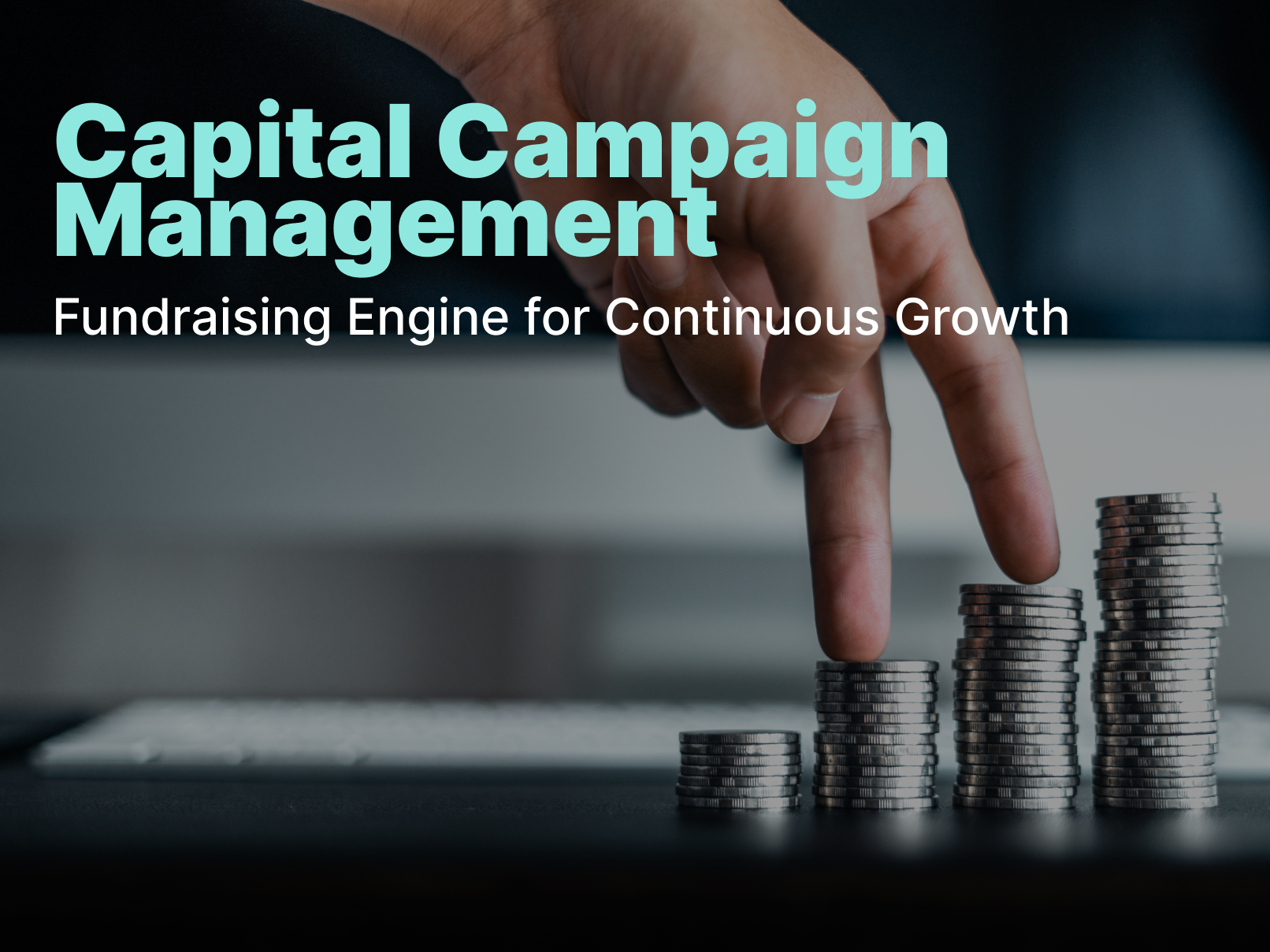

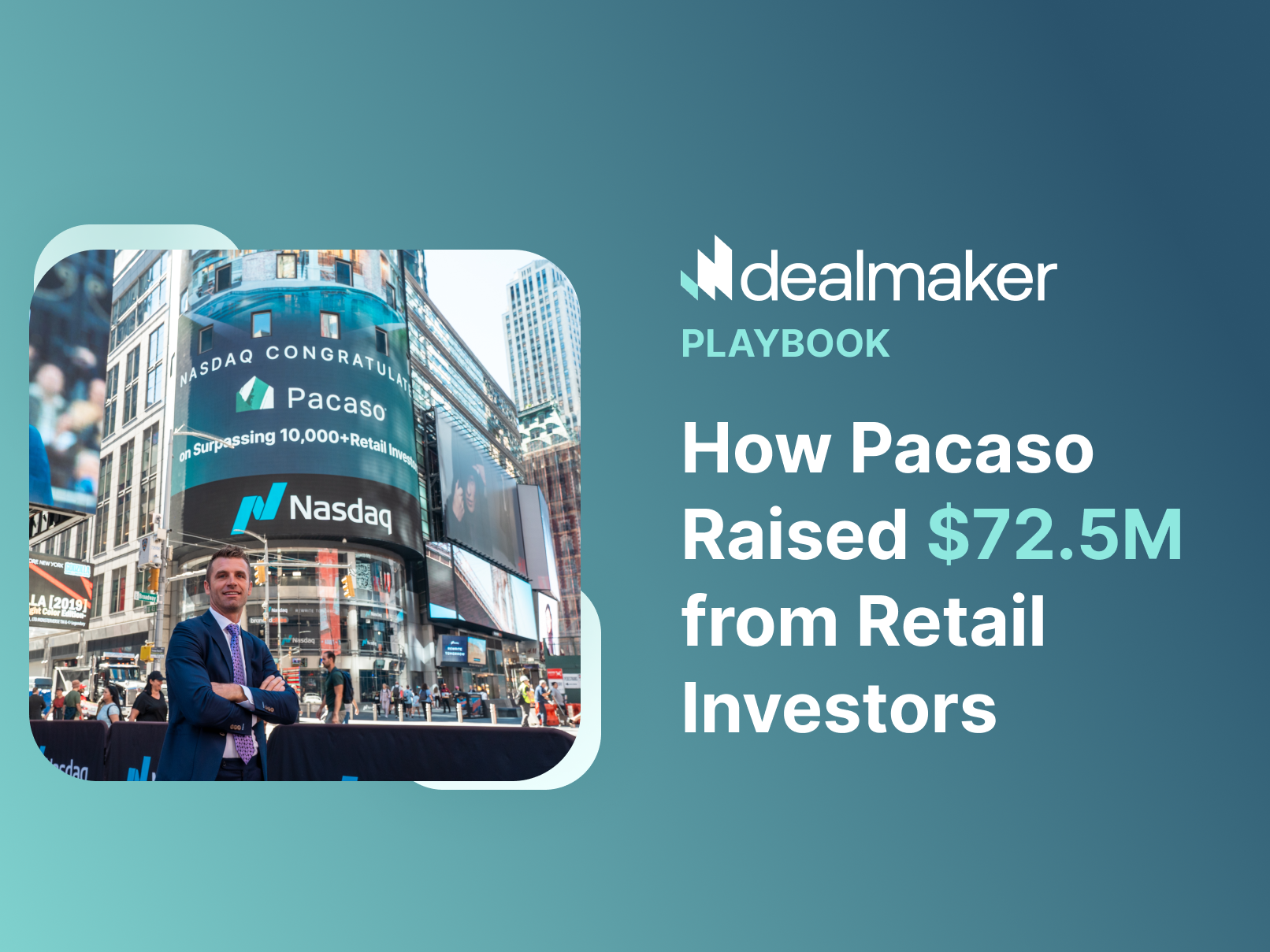
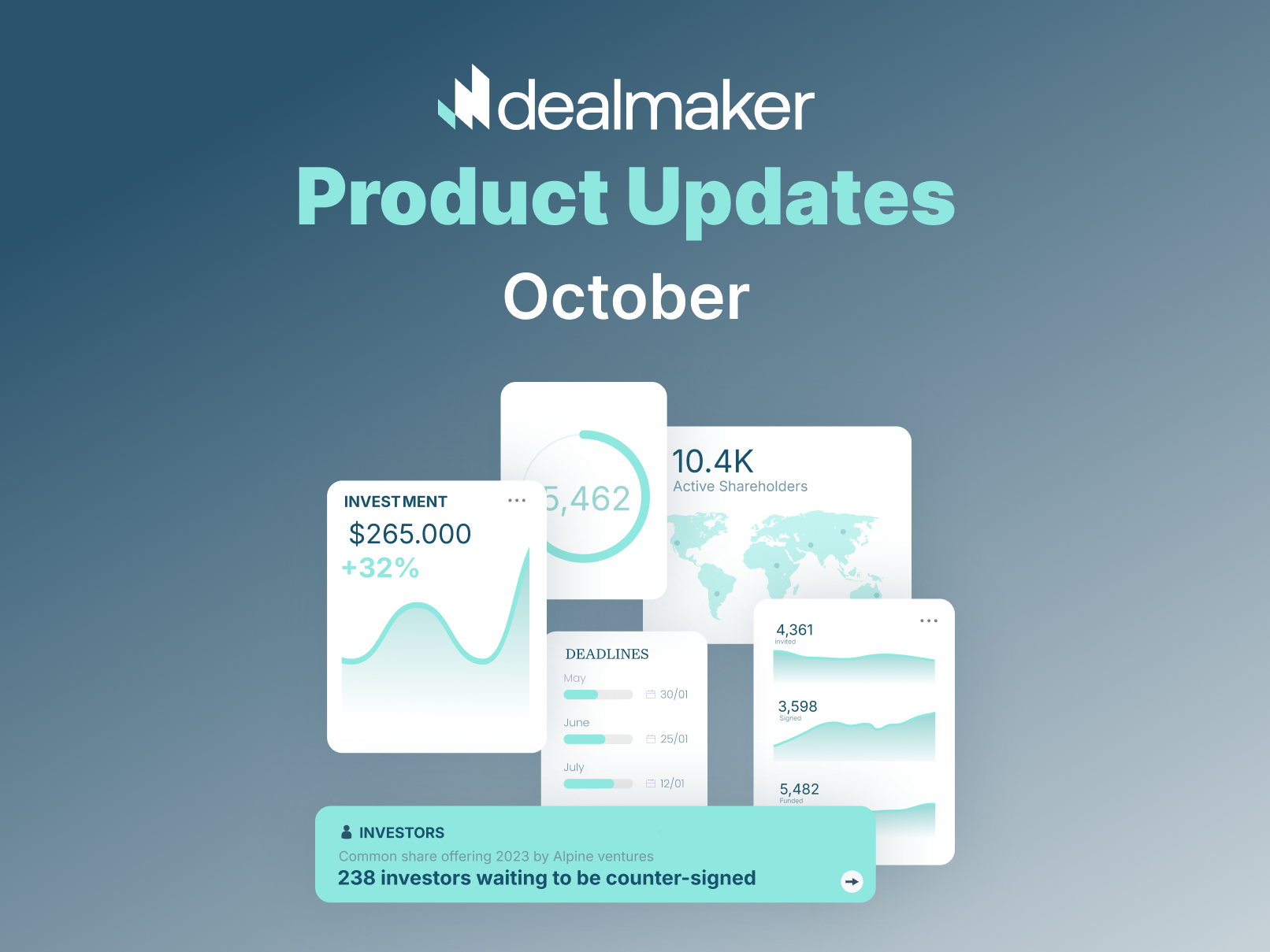
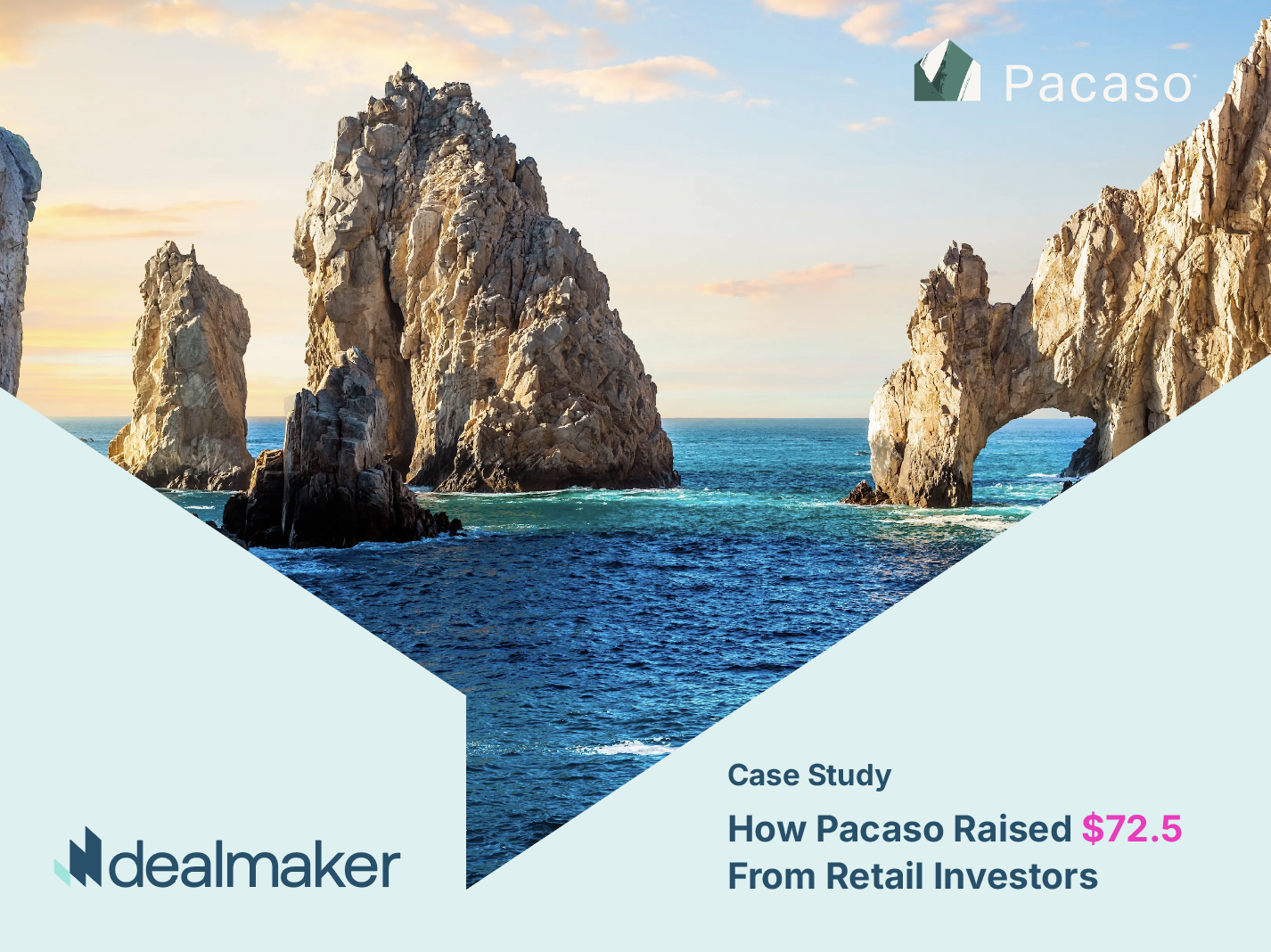
.webp)
.webp)
.webp)
%20(1).webp)
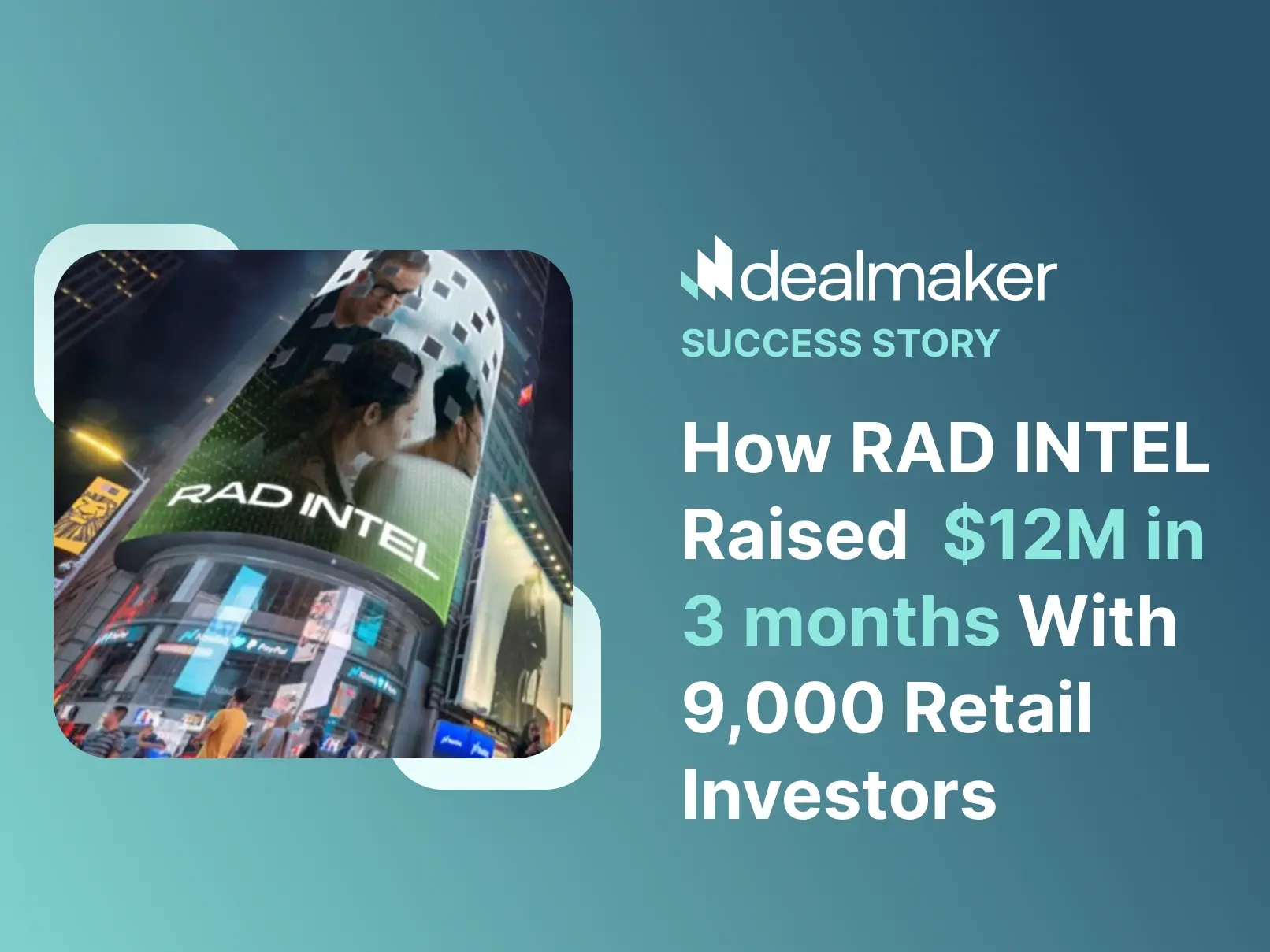
.webp)